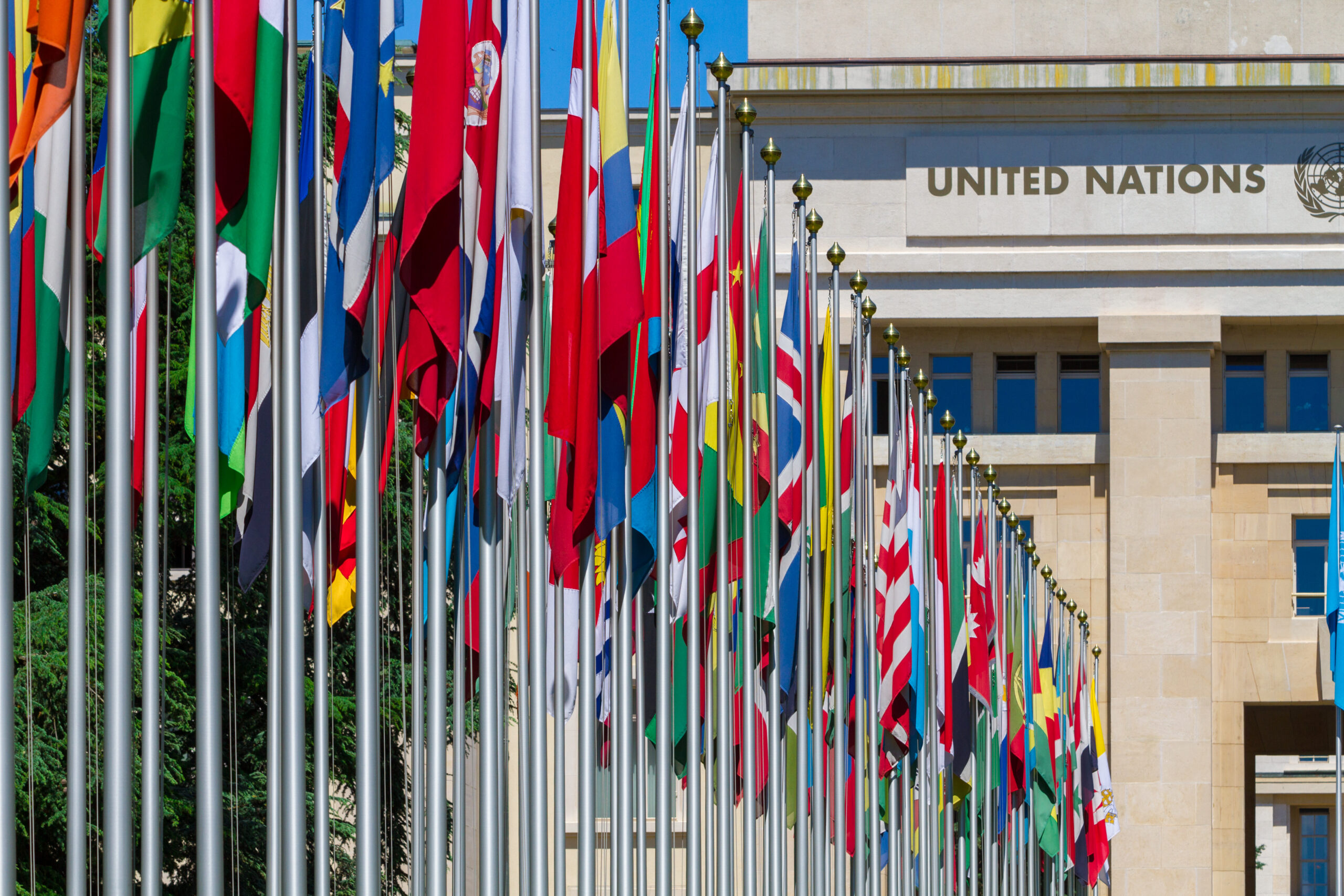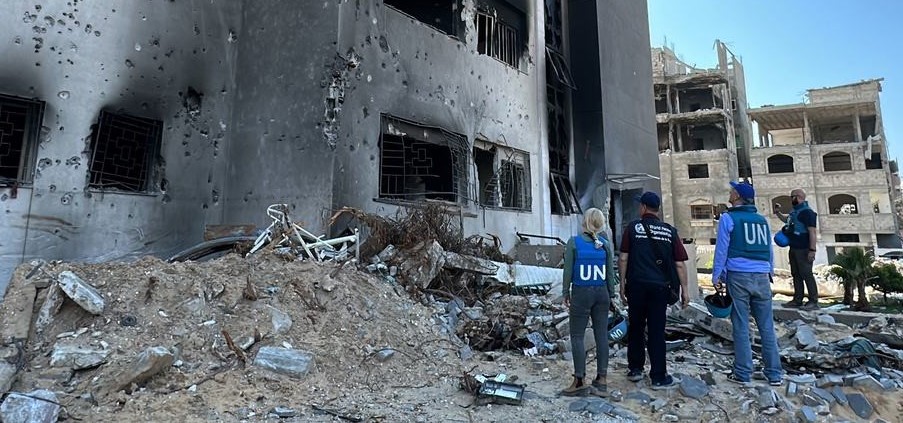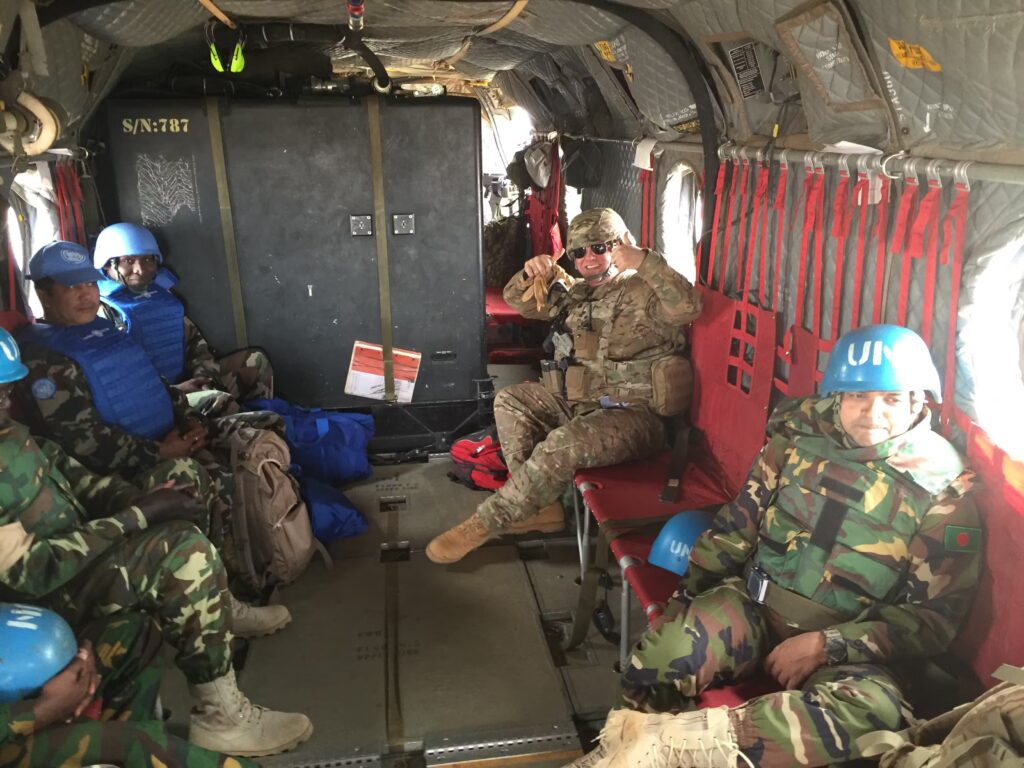On Wednesday, Congressional leaders released a final appropriations package to be taken up for a vote by the House and Senate on Friday.
The budget for State, Foreign Operations, and Related Programs (SFOPS) comes in at $58.3 billion, reflecting a cut of nearly 6% from the FY 2023 enacted level.
“We are pleased that the final deal fully funds U.S. contributions to the regular budget of the United Nations and maintains steady investments in programs that immunize kids and stop malaria,” said Peter Yeo, President of the Better World Campaign. “However, at a time when millions are facing famine and natural disasters caused by climate change, and record numbers of people are displaced by conflict, we must do more – and we must ensure our partners in these efforts have the resources they need.”
“We must do more – and we must ensure our partners in these efforts have the resources they need.”
Peter Yeo
The FY 2024 bill allows the U.S. to meet financial obligations to the agencies funded within this account, including the UN Regular Budget, IAEA, and the World Health Organization (WHO). The bill also includes $1.5 billion for bilateral and multilateral climate and other environmental programs, restores U.S. support to the Clean Technology Fund and Special Presidential Envoy for Climate, and removes the prohibition on the Green Climate Fund.
Investment in Global Health
The bill includes $10.03 billion for State and USAID programs, representing a $530.5 million decrease for global health programs over FY 2023 enacted levels. Despite overall cuts, however, the bill sustains level funding for polio eradication, the President’s Malaria Initiative (PMI), and the UN Population Fund (UNFPA). The bill also reauthorizes the President’s Emergency Plan for AIDS Relief (PEPFAR), which had expired in Sept. 2023. The one-year extension is only a short-term patch and far from the five-year reauthorization that is required for this proven, life-saving program.
UN Peacekeeping and Humanitarian Assistance
Unfortunately, the bill maintains the arbitrary 25% cap on U.S. contributions to UN peacekeeping operations, ensuring that the U.S. continues to build arrears on our financial commitments. Since FY 2017, the U.S. has accrued more than $1 billion in arrears due to enforcement of the cap.
An Imperative to Act
In light of this package, Congress must approve – without delay – the National Security Emergency Supplemental that contains essential economic and humanitarian assistance. In FY 2025, Congress must also renew its commitment to long-term diplomacy development priorities, especially strengthened support for the UN.




